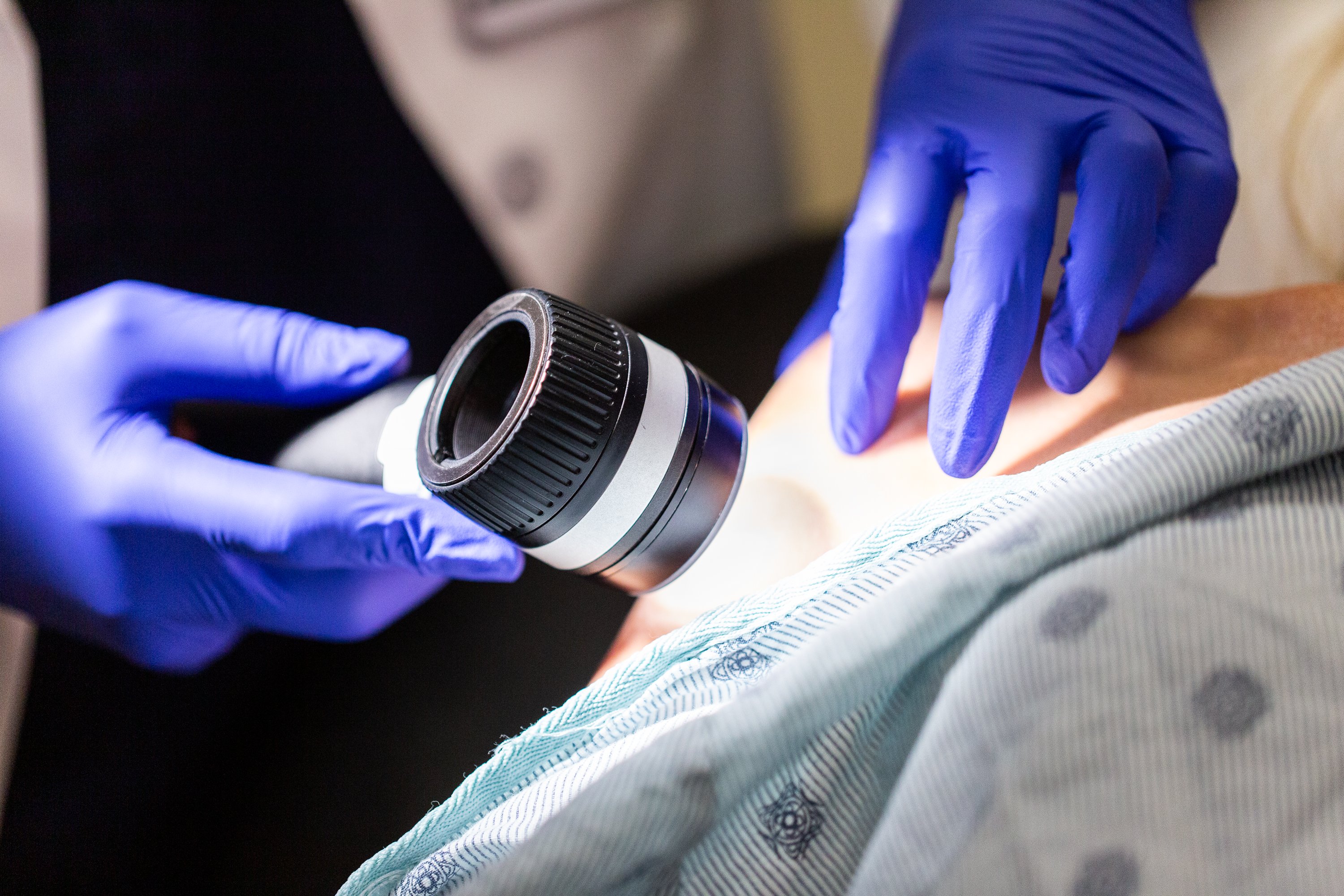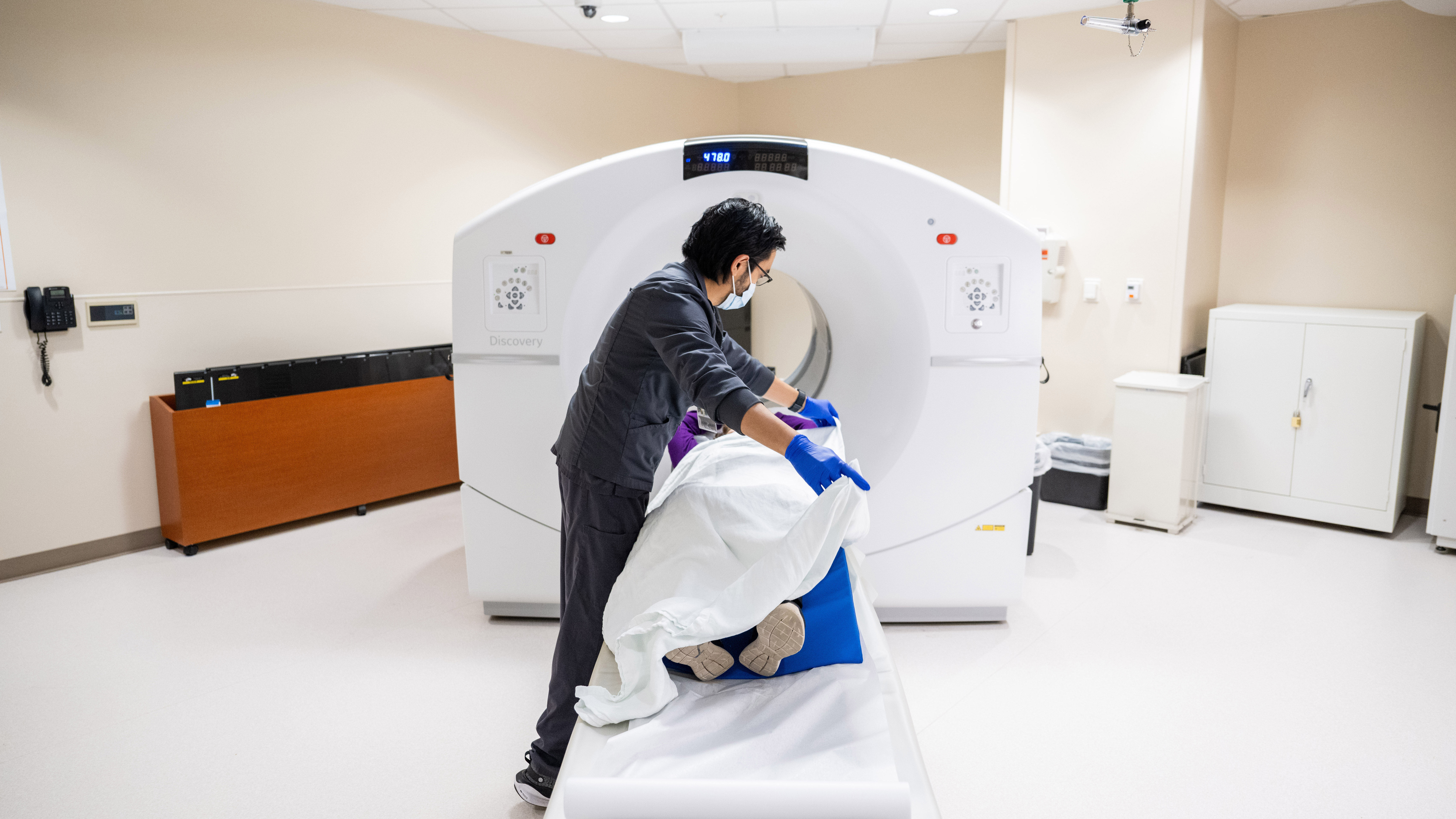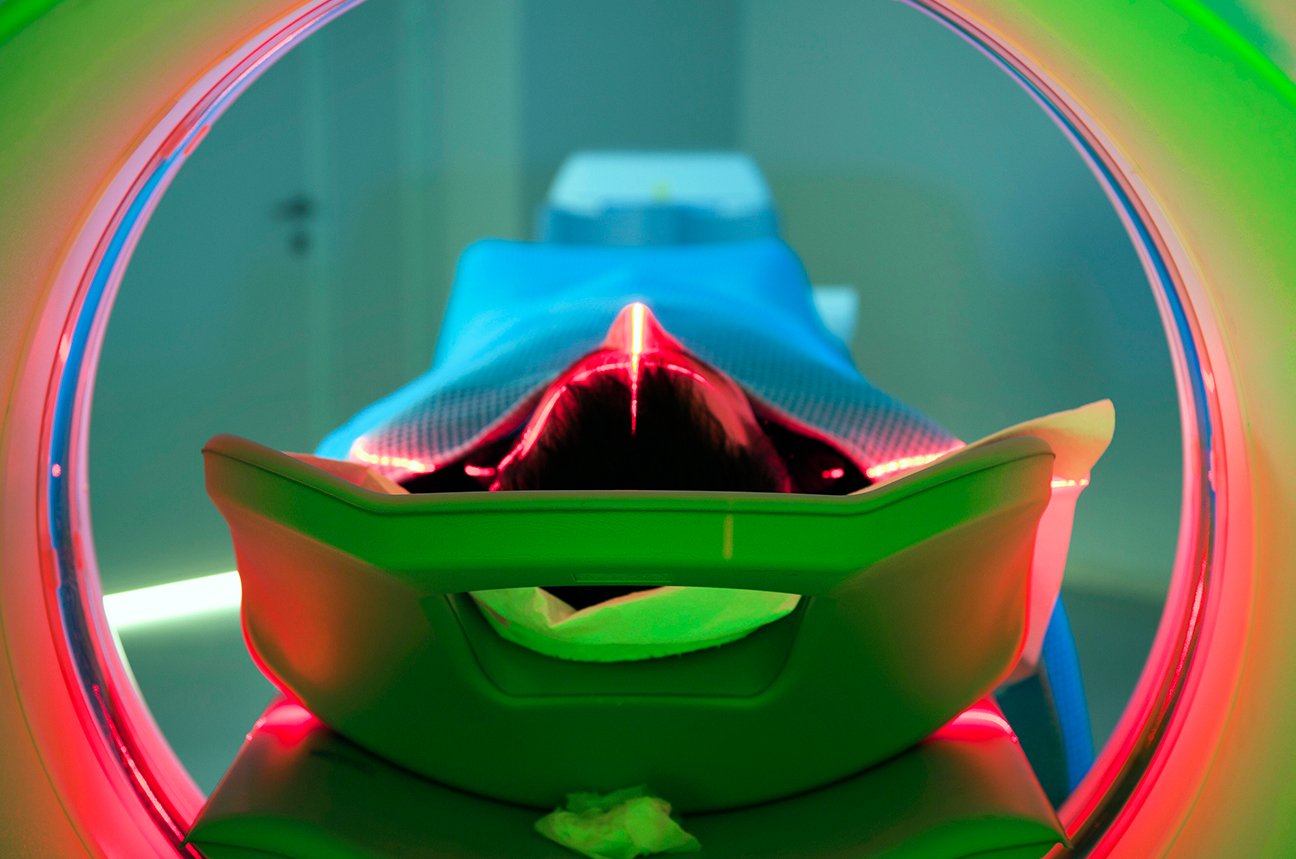What is an ultrasound test?
- Diseases
- Acoustic Neuroma (14)
- Adrenal Gland Tumor (24)
- Anal Cancer (68)
- Anemia (2)
- Appendix Cancer (16)
- Bile Duct Cancer (26)
- Bladder Cancer (72)
- Brain Metastases (28)
- Brain Tumor (232)
- Breast Cancer (714)
- Breast Implant-Associated Anaplastic Large Cell Lymphoma (2)
- Cancer of Unknown Primary (4)
- Carcinoid Tumor (8)
- Cervical Cancer (158)
- Colon Cancer (166)
- Colorectal Cancer (118)
- Endocrine Tumor (4)
- Esophageal Cancer (44)
- Eye Cancer (36)
- Fallopian Tube Cancer (8)
- Germ Cell Tumor (4)
- Gestational Trophoblastic Disease (2)
- Head and Neck Cancer (12)
- Kidney Cancer (128)
- Leukemia (342)
- Liver Cancer (50)
- Lung Cancer (286)
- Lymphoma (278)
- Mesothelioma (14)
- Metastasis (30)
- Multiple Myeloma (100)
- Myelodysplastic Syndrome (60)
- Myeloproliferative Neoplasm (6)
- Neuroendocrine Tumors (16)
- Oral Cancer (100)
- Ovarian Cancer (172)
- Pancreatic Cancer (160)
- Parathyroid Disease (2)
- Penile Cancer (14)
- Pituitary Tumor (6)
- Prostate Cancer (146)
- Rectal Cancer (58)
- Renal Medullary Carcinoma (6)
- Salivary Gland Cancer (14)
- Sarcoma (238)
- Skin Cancer (296)
- Skull Base Tumors (56)
- Spinal Tumor (12)
- Stomach Cancer (64)
- Testicular Cancer (28)
- Throat Cancer (92)
- Thymoma (6)
- Thyroid Cancer (98)
- Tonsil Cancer (30)
- Uterine Cancer (80)
- Vaginal Cancer (16)
- Vulvar Cancer (20)
- Cancer Topic
- Adolescent and Young Adult Cancer Issues (20)
- Advance Care Planning (10)
- Biostatistics (2)
- Blood Donation (18)
- Bone Health (8)
- COVID-19 (362)
- Cancer Recurrence (120)
- Childhood Cancer Issues (120)
- Clinical Trials (632)
- Complementary Integrative Medicine (22)
- Cytogenetics (2)
- DNA Methylation (4)
- Diagnosis (232)
- Epigenetics (6)
- Fertility (62)
- Follow-up Guidelines (2)
- Health Disparities (14)
- Hereditary Cancer Syndromes (126)
- Immunology (18)
- Li-Fraumeni Syndrome (8)
- Mental Health (116)
- Molecular Diagnostics (8)
- Pain Management (62)
- Palliative Care (8)
- Pathology (10)
- Physical Therapy (18)
- Pregnancy (18)
- Prevention (918)
- Research (392)
- Second Opinion (74)
- Sexuality (16)
- Side Effects (604)
- Sleep Disorders (10)
- Stem Cell Transplantation Cellular Therapy (216)
- Support (402)
- Survivorship (322)
- Symptoms (182)
- Treatment (1786)
What to expect when you get an ultrasound
2 minute read | Published December 05, 2014
Medically Reviewed | Last reviewed by an MD Anderson Cancer Center medical professional on December 05, 2014
We typically associate an ultrasound scan with pregnancies, but many doctors use them to take a look at a patient's organs, especially during cancer treatment.
An ultrasound is a painless procedure that uses sound waves to look at the internal organs. It is sometimes called a sonogram.
Follow instructions to prepare for your ultrasound
Ultrasounds for most body parts do not require any preparation.
But if you're getting an ultrasound of your abdomen (including the liver, gallbladder, spleen or pancreas), you need to take these steps:
- Don't eat gas-producing foods for 24 hours before your ultrasound.
- Don't eat or drink anything six hours before the ultrasound. Small sips of water are OK.
- If you need to take oral medicine, swallow with a small amount of water. If you're having a pelvic ultrasound, make sure you have a full bladder before the test. Drink 32 ounces of liquid and don't urinate before the scan.
It's important to follow these instructions. Otherwise, your doctor may not get the images needed, and you may have to reschedule or repeat the ultrasound.
What happens during an ultrasound
You may be at the ultrasound facility for a couple of hours, though the ultrasound itself won't typically take that long.
The ultrasound technologist will ask you to lie down on an exam table. He or she will apply gel to the skin of the area being examined. This allows the smooth, hand-held transducer to move more easily. The transducer uses sound waves to create images.
The transducer moves over the area being examined. This process usually does not cause pain. Your care team will review the scan. If the images are good, you are done. If not, the ultrasound may need to be repeated.
You also may have a biopsy after the scan.
What to expect if you need a biopsy
If you undergo your ultrasound at MD Anderson and need to have a biopsy, it will be done during the same appointment.
To collect the biopsy, a local anesthetic will be injected. This numbs the skin. Then, a very thin needle -- thinner than those used to draw blood -- will be inserted into the area and a small sample of fluid or tissue will be removed. You may feel some pressure or discomfort.
At MD Anderson, patients must wait about 30 minutes to make sure the biopsy produced a good sample. Once the biopsy is complete, your care team should receive the results in 24 to 48 hours.







